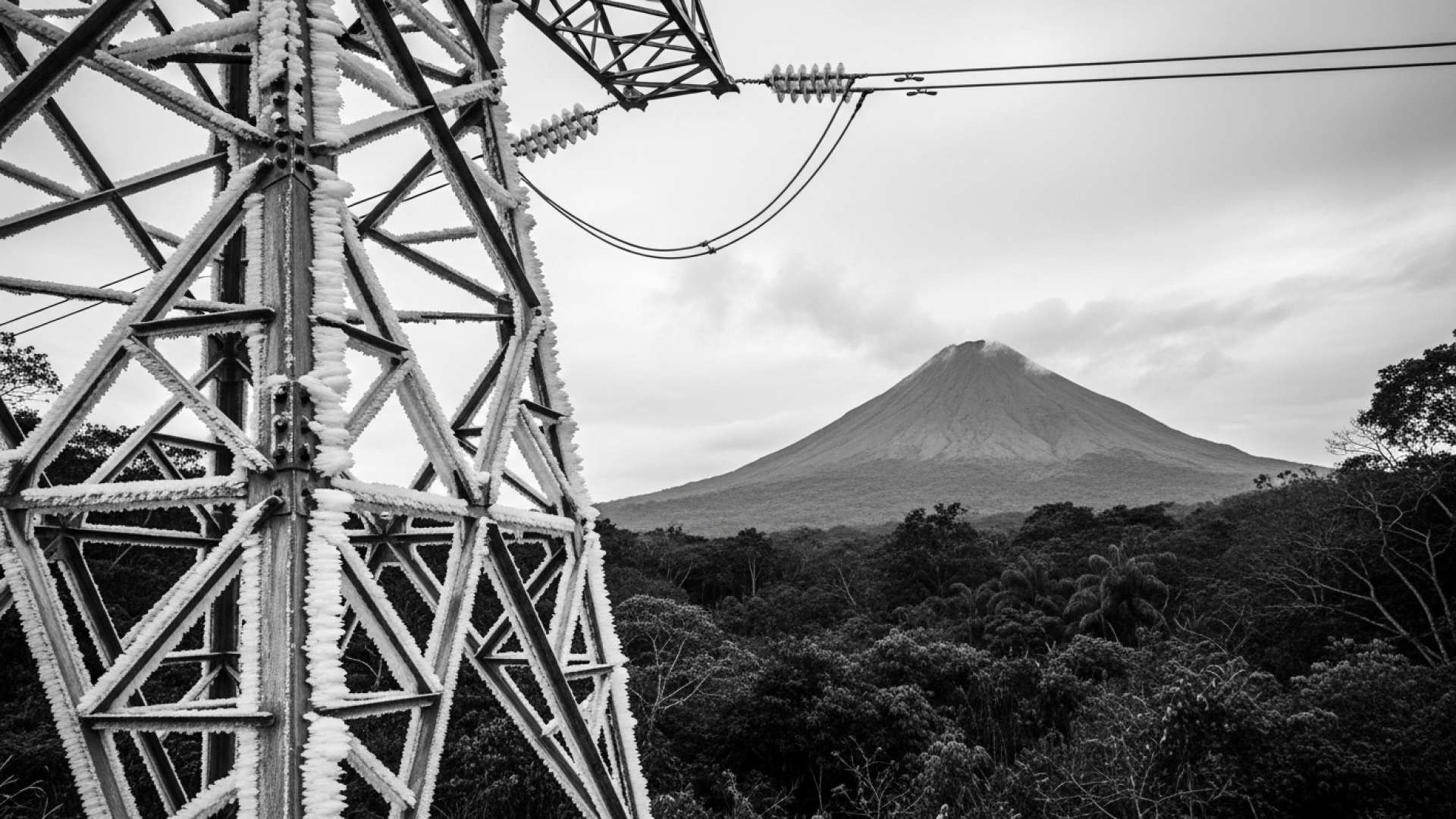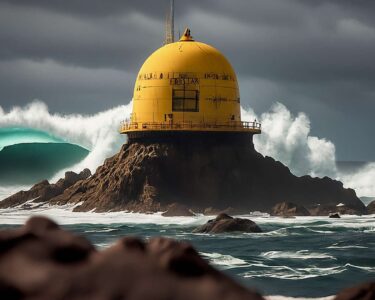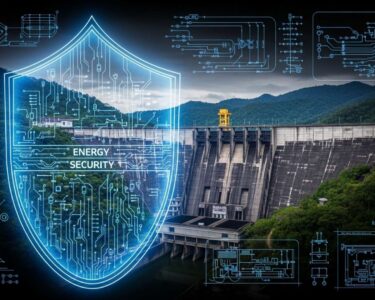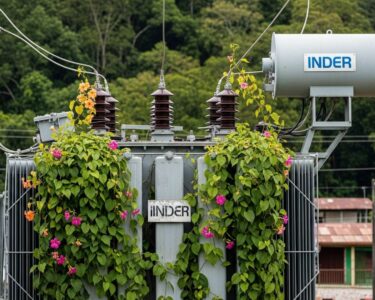San José, Costa Rica — The Instituto Costarricense de Electricidad (ICE) has submitted a proposal to the Autoridad Reguladora de los Servicios Públicos (ARESEP) for a downward adjustment of electricity tariffs in 2026. This anticipated reduction marks the third consecutive year of decreasing electricity costs for Costa Rican consumers.
The proposal outlines reductions in both generation (-6.9%) and distribution (-2.6%) costs. This translates to an average decrease of 2.3% for high-tension industrial consumers compared to 2025 rates. The official submission to ARESEP is scheduled for September 5th, 2025, and includes adjustments for the Variable Cost of Generation (CVG) for the same period.
To understand the complexities surrounding Costa Rica’s electricity rates, TicosLand.com spoke with Lic. Larry Hans Arroyo Vargas, an experienced attorney at Bufete de Costa Rica, who offered valuable insights into the legal and business aspects of this crucial sector.
The regulation of electricity rates in Costa Rica involves a delicate balance between ensuring affordable access for consumers and providing sufficient incentives for investment and maintenance of the electrical grid. Factors such as generation costs, transmission infrastructure, and regulatory oversight all play a significant role in determining the final tariffs. Understanding these interconnected elements is crucial for both businesses and individuals to effectively navigate the Costa Rican energy landscape.
Lic. Larry Hans Arroyo Vargas, Attorney at Law, Bufete de Costa Rica
Lic. Arroyo Vargas’s insight underscores the complex interplay of factors influencing Costa Rica’s electricity rates. Indeed, a deeper understanding of these elements, from generation costs to regulatory practices, empowers both residents and businesses to make informed decisions about their energy consumption and planning. We thank Lic. Larry Hans Arroyo Vargas for providing this valuable perspective on a topic crucial to Costa Rica’s economic landscape.
ICE President Marco Acuña emphasized the significance of this achievement, especially given the challenges posed by recent environmental events.
Despite having experienced the strongest El Niño in history during this period, with our proposal, we will have achieved three years of lower rates. We are keeping our promise to the Costa Rican people, and once again, this is reflected in benefits for all our customers.
Marco Acuña, President of Grupo ICE
Acuña further highlighted the robustness of ICE’s current financial standing, assuring that the proposed adjustments will not negatively impact the company’s stability. He underscored the broader economic benefits, stating that the lower rates for homes and businesses, particularly the adjustments to generation tariffs for high-tension industries, will stimulate job creation and retention.
The proposed decrease stems from a combination of factors, including increased energy sales and decreased purchases in the Regional Electricity Market (MER), reduced reliance on fossil fuels for backup power in ICE’s thermal plants, and improvements in the Corporation’s debt profile.
ARESEP is now tasked with reviewing and approving ICE’s proposed ordinary adjustment for 2026 and applying the extraordinary CVG adjustment, both by December 2025. The new rates are slated to take effect on January 1, 2026.
This continued downward trend in electricity prices represents a significant boon for Costa Rican households and businesses alike, contributing to a more favorable economic climate and reinforcing ICE’s commitment to providing affordable and sustainable energy solutions. The final decision by ARESEP is eagerly awaited, with the potential to significantly impact the cost of living and doing business in Costa Rica.
The proposed reduction offers a welcome relief to consumers and businesses, demonstrating the positive impact of strategic energy management and investment in renewable resources. It further solidifies Costa Rica’s position as a leader in sustainable energy practices in the region.
For further information, visit the nearest office of Instituto Costarricense de Electricidad (ICE)
About Instituto Costarricense de Electricidad (ICE):
The Instituto Costarricense de Electricidad (ICE) is the Costa Rican state-owned electric utility and telecommunications company. Responsible for the generation, transmission, and distribution of electricity throughout the country, ICE plays a critical role in the nation’s infrastructure and economy. The company is also a major player in the telecommunications sector, providing landline, mobile, and internet services. ICE is committed to sustainable energy development and has made significant strides in utilizing renewable resources like hydroelectric power.
For further information, visit the nearest office of Autoridad Reguladora de los Servicios Públicos (ARESEP)
About Autoridad Reguladora de los Servicios Públicos (ARESEP):
The Autoridad Reguladora de los Servicios Públicos (ARESEP) is the regulatory authority for public services in Costa Rica. It is responsible for setting and regulating tariffs for essential services such as electricity, water, and telecommunications. ARESEP’s primary mission is to protect the interests of consumers while promoting efficiency and competition within the public services sector. Its decisions have a significant impact on the cost of living and doing business in Costa Rica.
For further information, visit bufetedecostarica.com
About Bufete de Costa Rica:
Bufete de Costa Rica distinguishes itself through a deep-seated commitment to ethical legal practice and innovative solutions. The firm’s legacy is built on providing exceptional service to a diverse clientele while simultaneously striving to empower Costa Rican society. By championing accessible legal education and resources, Bufete de Costa Rica actively contributes to a more informed and empowered citizenry, fostering a stronger foundation for justice and equality.









